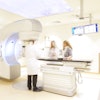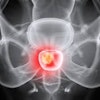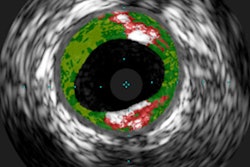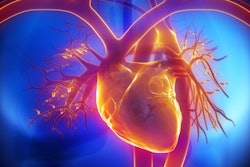Breast cancer patients may be at increased risk of cardiovascular disease, and their treatment should be considered with this potential risk in mind, according to a new scientific statement from the American Heart Association (AHA) published online February 1 in Circulation.
Breast cancer survivors, especially women older than 65, are more likely to die from cardiovascular disease than breast cancer, which highlights the importance of managing heart disease risk factors during and following cancer treatment, the AHA wrote.
Some cancer treatments, such as those targeting human epidermal growth factor receptor 2 (HER2), can cause weakening of the heart muscle, wrote a team led by Dr. Laxmi Mehta of Ohio State University. Other treatments, such as radiation, can affect the coronary arteries and cause coronary artery disease or blockages to develop, while some breast cancer treatment agents, such as anthracyclines, can result in abnormal heart rhythms that are benign in some patients but can lead to life-threatening heart rhythms in others, according to the researchers.
"Any patient who is going to undergo breast cancer treatment, whether they have heart disease at the beginning or not, should be aware of the potential effects of the treatments on their heart," Mehta said in a statement released by the AHA. "This should not deter or scare patients from undergoing breast cancer treatment, but should help them to make informed decisions with their doctor on the best cancer treatment for them."



















